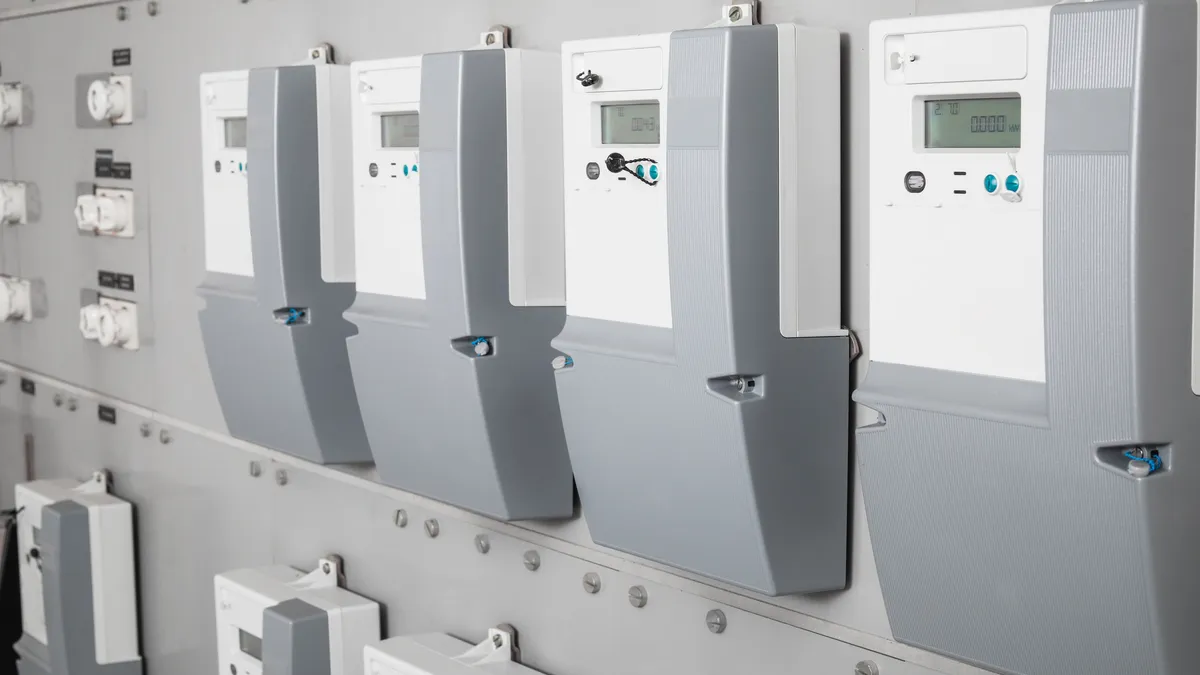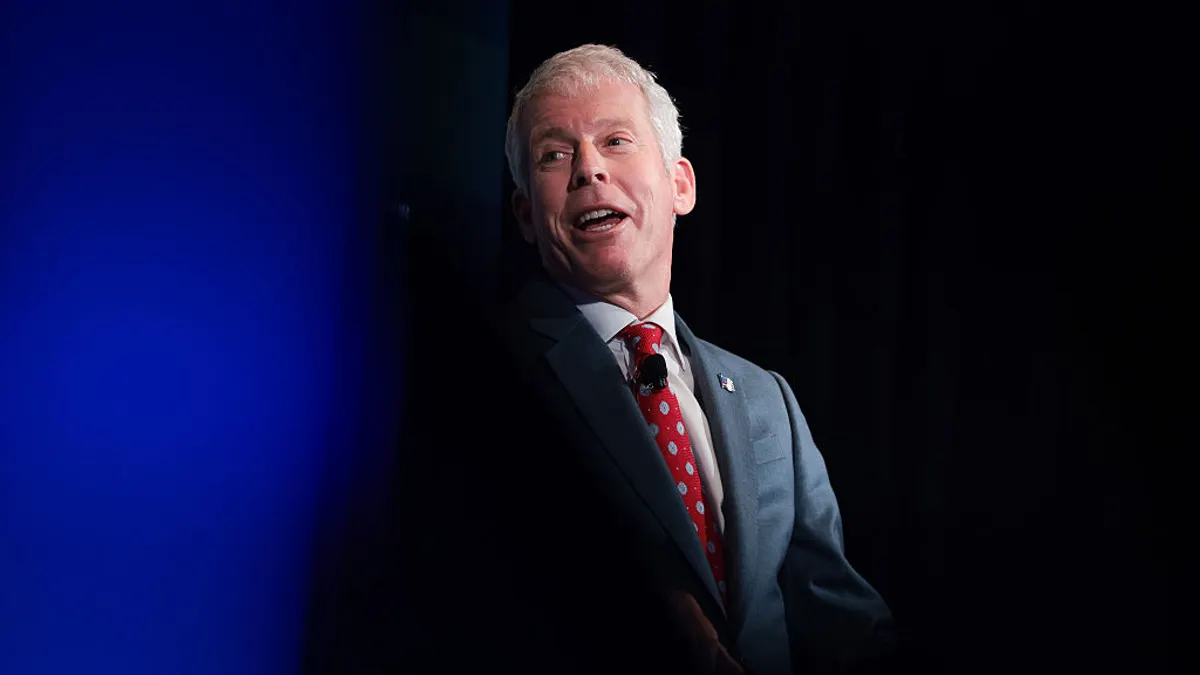Voltus agreed to pay a $10.9 million penalty and return $7.1 million in profits to settle allegations that it registered uncontracted and over-stated demand response resources with the Midcontinent Independent System Operator, according to a settlement approved Monday by the Federal Energy Regulatory Commission.
Also, the demand response company’s former CEO Gregg Dixon engaged in a “fraudulent scheme” in MISO, in part by directing Voltus employees to obtain customer data by scraping an Ameren Illinois website, FERC said.
Dixon agreed to pay a $1 million penalty and to step down from Voltus’ board of directors.
FERC’s enforcement office contends Dixon caused Voltus to register demand response resources with MISO without the owners’ knowledge or consent and to clear load-modifying resource capacity that would not have performed if MISO dispatched the resources from Oct. 1, 2016, through June 1, 2020, according to the agreement.
Voltus and Dixon stipulated to the facts in the agreement, but neither admitted nor denied the alleged violations. Voltus and Dixon fully cooperated during FERC’s investigation, the agency said.
“We have not been accused of, let alone admit to, any market manipulation,” Voltus said in an emailed statement. “Rather, we are entering a no-admit/no-deny settlement on tariff violations … Voltus will continue to work with regulators, including FERC, to ensure that tariffs that govern demand-side resources are clear and consistently applied.”
Voltus, with more than 7 GW of distributed energy resources under its control, operates in all nine organized wholesale markets in North America, according to the company. Since it started in 2016, Voltus said it has paid its customers more than $175 million through their participation in wholesale markets.
In MISO, Voltus aggregates retail customers to provide the grid operator with “load modifying resources” and “emergency demand resources,” according to FERC. Voltus became the first retail aggregator to participate in MISO’s markets when it took part in the 2017/18 planning resource auction.
At that time, MISO didn’t require companies like Voltus to show they had a contractual relationship with the entities providing the load modifying resources they were registering, according to FERC.
As part of its sales process, Voltus received utility bills from potential customers. At Dixon’s direction, Voltus employees used account numbers from the bills to gain access to their accounts at Ameren Illinois, according to FERC.
Using information from the Ameren accounts, Voltus employees registered resources for the 2017/18 auction without the owners’ consent, according to FERC. Also, for some customers that agreed to participate in MISO’s demand response program, Voltus employees registered those resources at levels above what they had agreed to curtail, FERC said.
In the 2017/18 auction, Voltus registered and cleared load modifying resource capacity for 10 resources without a contractual relationship and who did not know about their registration, FERC said. Those resources accounted for 8% of the 227 MW that were cleared by Voltus in the auction, according to the agency.
In the summer of 2017, Dixon and a Voltus employee developed “Scranta,” a program for obtaining customer account numbers from Ameren’s website without having utility bills. Scranta was based on the words “scrape” and “Santa,” FERC said.
The program scraped data from Ameren by submitting tens of millions of potential account numbers, according to FERC. Ketchup Caddy, a company FERC last month ordered to pay $27 million to settle allegations it committed fraud in MISO’s markets, also scraped customer data from Ameren.
After developing Scranta, Voltus registered about 207 MW of uncontracted resources in the 2018/19 planning resource auction, 216 MW in the 2019/20 auction and 65 MW in the 2020/21 auction, according to FERC.
“Dixon acknowledged in testimony that Voltus had no way of knowing whether its uncontracted resources would respond to dispatch by MISO,” FERC said. “Voltus kept the revenue from these uncontracted MISO registrations.”
FERC said the capacity that Voltus cleared in MISO’s planning resource auction or sold bilaterally that was uncontracted or above-contract demand response resources totaled: 219 MW, or 96% of its portfolio, in 2017/18; 295 MW, or 49% of its portfolio, in 2018/19; 326 MW, or 45% of its portfolio, in 2019/20; and 231 MW, or 29% of its portfolio, in 2020/21.
Voltus told FERC enforcement office staff that after registering uncontracted and above-contract demand response resources and clearing their capacity, the company planned to replace its uncontracted and above-contract demand response resources with newly contracted, newly registered customers, the agency said.
As part of the settlement, Voltus will file annual compliance monitoring reports to FERC’s enforcement office for two years, and possibly two more years at the office’s discretion.





















